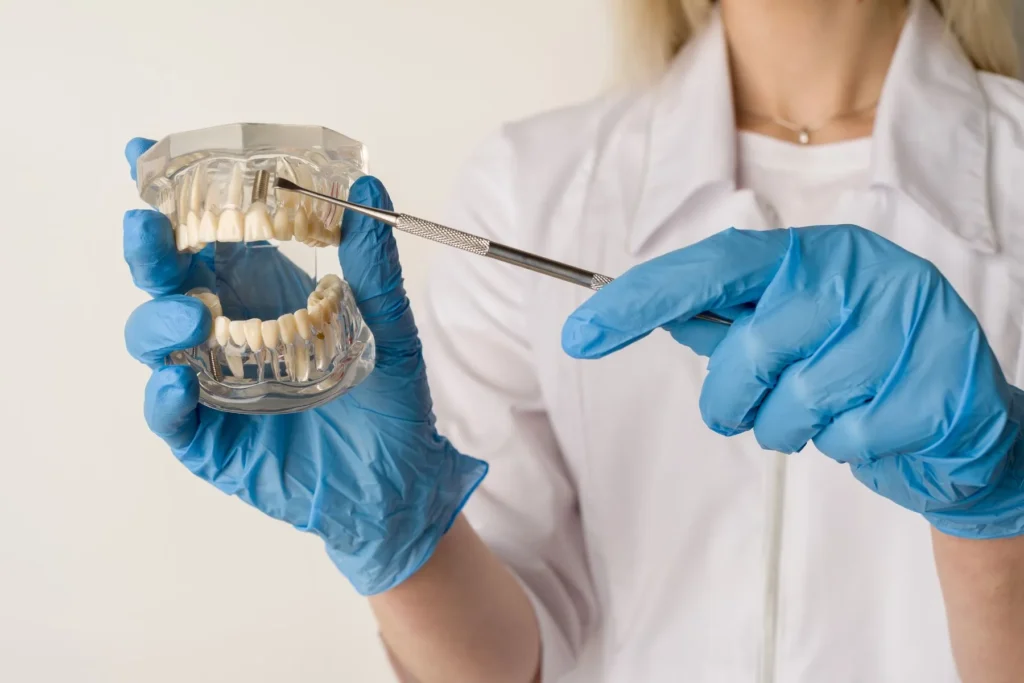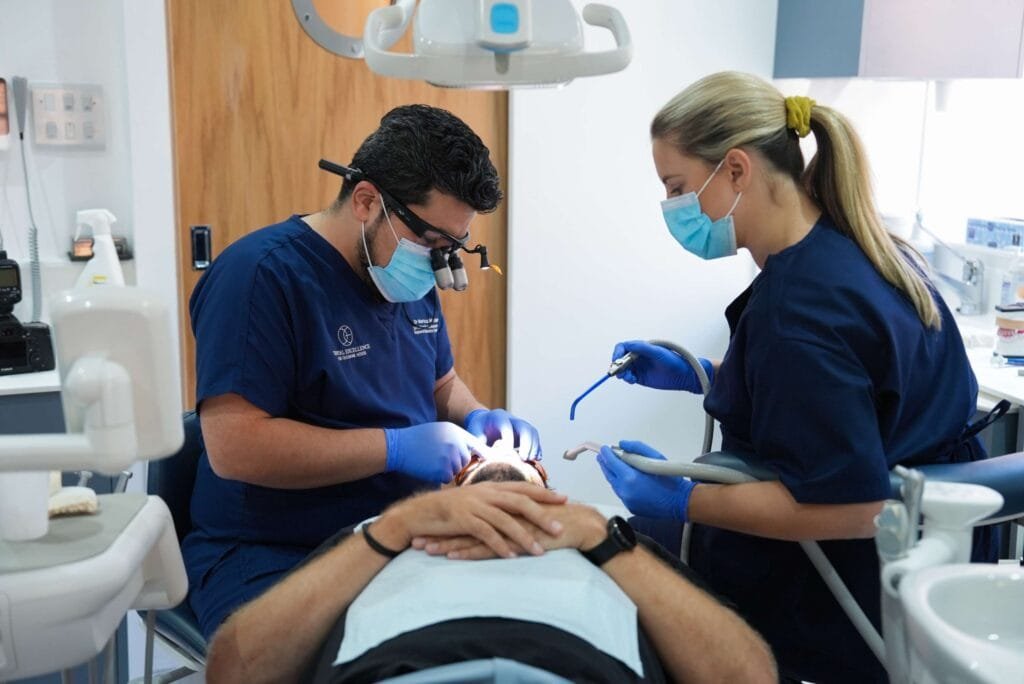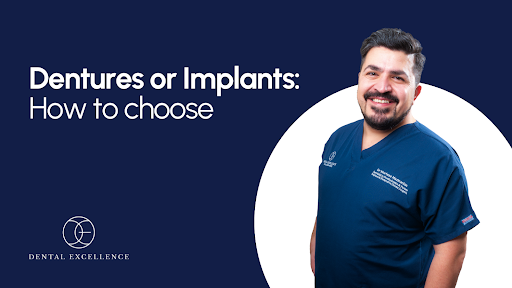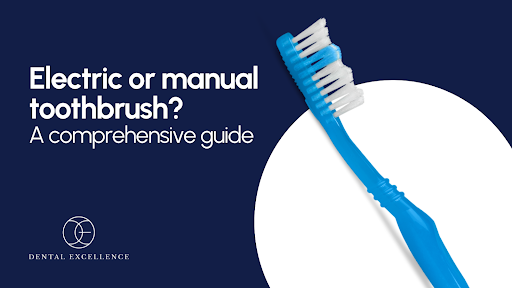What Is a Tooth Implant exactly?
Want to know what is a Tooth Implant? A tooth implant is a modern dental solution that replaces the root of a missing tooth with a strong, biocompatible structure—most commonly made of titanium. This material is used because it is not only safe for the body but also has the unique ability to bond directly with your jawbone through a natural process called osseointegration. This integration allows the implant to become a permanent part of your oral structure, offering stability that closely mimics that of a natural tooth root.
Once healed, the tooth implant acts as a solid foundation for various types of dental restorations, such as a crown (when replacing a single tooth), a bridge (for multiple adjacent teeth), or even a full denture (in cases of total tooth loss). Because the implant replaces the root rather than just sitting on the surface, it helps prevent the bone loss that typically follows tooth extraction.
The complete structure of a tooth implant includes three main components:
Implant Fixture – the screw-like element that is surgically placed into the jawbone, acting as the new root.
Abutment – a small connector that is attached to the top of the implant fixture and serves to hold the final restoration.
Crown – the visible part that is custom-made to match the shape, size, and color of your natural teeth.
Compared to traditional solutions like dentures, which rest on the gums, or bridges, which are anchored to nearby teeth, a tooth implant functions independently. It doesn’t affect adjacent teeth and feels much more like a natural tooth when you bite, chew, or speak. For this reason, it’s often the preferred long-term solution among patients and professionals alike.
In addition to restoring function, a tooth implant also helps preserve the facial structure by preventing the jawbone from shrinking over time. This not only maintains a youthful facial appearance but also ensures your remaining teeth stay properly aligned.
👉 Book your consultation to see if a tooth implant is the right solution for your smile
How is a tooth implant placed in the mouth?
Placing a tooth implant is a carefully planned and highly precise procedure that unfolds in two main phases—surgical and prosthetic. Each phase plays a crucial role in ensuring that the implant is not only functional but also durable and aesthetically pleasing. While in some specific cases a same-day implant may be possible, the traditional two-stage process remains the most predictable and reliable approach, especially when aiming for long-term success.
Surgical Phase:
The first step involves placing the tooth implant—specifically, the titanium fixture—into the jawbone. This is done under local anesthesia or, when appropriate, conscious sedation to ensure maximum comfort for the patient. The placement is carried out with millimetric precision, thanks to the use of digital planning tools and computer-guided surgery, which reduce trauma to the surrounding tissues and improve accuracy.
Once inserted, the implant needs time to integrate with the surrounding bone in a process known as osseointegration. This natural biological fusion typically takes between 3 to 6 months, during which the implant becomes a stable and secure foundation for the future prosthetic restoration. During this time, temporary solutions can be offered if aesthetics or chewing function is a concern.
Prosthetic Phase:
After osseointegration is complete and the tooth implant has become fully anchored within the jaw, the next phase begins. An abutment is attached to the implant, serving as a connector between the implant and the final restoration. Then, a custom-made crown is placed on top. This crown is crafted to match the color, shape, and size of your natural teeth, ensuring both functionality and a seamless aesthetic result.
At Dental Excellence, we rely on a state-of-the-art digital workflow to plan every detail of your treatment. From CBCT 3D scans that assess bone volume and nerve position to intraoral scanners that eliminate the need for uncomfortable impressions, every tool is used to maximise safety, accuracy, and comfort. The result? A tooth implant that looks, feels, and functions like your own natural tooth—only stronger.
👉 Curious about the process? Learn more about guided implantology at our clinic

What does a tooth implant feel like?
A common question patients ask is “What does a tooth implant actually feel like once it’s in?” The answer is surprisingly simple: it feels just like a natural tooth. After the healing period is complete and the implant has fully integrated with your jawbone, most people forget they even have one. There is no sensation of “metal” or artificial material—just the normal function and feel of a healthy tooth.
One of the main advantages of a tooth implant is its ability to mimic the natural tooth both in function and sensation. You can:
Chew with confidence, even on tougher foods
Speak clearly, without the worry of slippage like with dentures
Smile without self-consciousness, thanks to a perfectly matched crown
Since a tooth implant is anchored directly into the bone, it doesn’t move or shift, unlike removable dentures that rest on the gums. This stability allows you to use it exactly as you would your original tooth, without discomfort or adjustment. The surrounding gums adapt naturally around the implant, further enhancing the sense of normalcy.
Beyond comfort, there are also long-term benefits. When a tooth is lost, the jawbone in that area begins to deteriorate over time due to lack of stimulation. A tooth implant stimulates the bone just like a natural root, helping to preserve bone density and maintain the shape and volume of your face. This prevents the sunken, aged appearance that can occur when multiple teeth are missing or when dentures are used for years without implants.
Patients who have received tooth implants at Dental Excellence often describe the result as “life-changing”, especially those who have previously struggled with loose dentures or visible gaps. Thanks to our use of advanced technologies and custom-made restorations, the transition is smooth and the final result is nearly indistinguishable from natural teeth.
👉 Want a natural-feeling solution? Discover tooth implants at Dental Excellence
What materials are tooth implants made of?
Understanding what materials tooth implants are made of is essential for patients who want a safe, long-lasting, and biocompatible solution for replacing missing teeth. The core component of nearly all modern tooth implants is titanium—a metal chosen not only for its strength but also for its unique compatibility with the human body.
Titanium implants are the most widely used because they are:
Biocompatible: Titanium is well-tolerated by the body, meaning it rarely causes allergic reactions or is rejected by the immune system.
Highly durable: It resists corrosion, does not degrade over time, and remains structurally intact under chewing forces.
Clinically proven: Decades of research and millions of cases globally have demonstrated that titanium integrates successfully with bone, ensuring long-term stability and high success rates.
This material allows the implant to undergo osseointegration, the biological process in which bone cells attach directly to the surface of the implant. This bond ensures that the implant becomes as stable as a natural tooth root.
For patients who prefer a metal-free solution—either due to sensitivities or personal preferences—there is an alternative: zirconia implants. Made from zirconium dioxide, a strong ceramic material, zirconia implants are:
Tooth-colored, making them an excellent aesthetic option, especially for front teeth
Non-metallic, suitable for patients with titanium allergies (although rare)
Biocompatible, with promising integration and healing performance
That said, titanium remains the gold standard in most clinical situations due to its flexibility, strength, and extensive track record.
At Dental Excellence, we carefully assess your needs, preferences, and medical history before recommending a specific implant material. We exclusively use CE-certified implant systems from globally recognised manufacturers, ensuring the highest standards in quality, performance, and patient safety.
Our team will walk you through the differences between implant types during your consultation, helping you choose the most suitable material for your case—whether you’re replacing a single tooth or undergoing a full-mouth restoration.
👉 Ask us which implant material is best for your case during your consultation
Are tooth implants safe?
One of the most common concerns patients have is whether tooth implants are safe. The answer is a resounding yes. Tooth implants are a safe, predictable, and scientifically validated treatment, with a long history of successful outcomes. With success rates exceeding 95%, they are considered one of the most reliable procedures in modern restorative dentistry.
The safety of tooth implants is rooted in decades of clinical research and continuous technological advancements. When placed by experienced professionals and supported by a proper diagnosis and treatment plan, implants have minimal risks and offer long-term functional and aesthetic benefits. They are widely used across the globe to replace single or multiple missing teeth, helping restore oral health and quality of life.
Several factors contribute to making tooth implants a safe option:
The use of biocompatible materials like titanium and zirconia, which integrate naturally with bone tissue and are rarely rejected by the body.
The adoption of advanced imaging technologies such as CBCT (Cone Beam CT) scans and digital planning software, which allow precise assessment of bone volume, nerve positions, and sinus proximity.
Placement by qualified specialists, such as prosthodontists, oral surgeons, and implant dentists, who are trained to handle even complex anatomical or medical conditions.
A careful evaluation of the patient’s general health, including conditions like diabetes, osteoporosis, or smoking habits, which can influence healing and long-term outcomes.
Strict adherence to sterilisation protocols and aseptic surgical environments, significantly reducing the risk of infections and complications.
At Dental Excellence, your safety is at the heart of every decision. We apply a multidisciplinary approach—meaning each implant case is assessed and managed by professionals in various specialties, from diagnosis to surgery and final prosthesis. Every step is guided by digital workflows, minimising human error and ensuring precision placement. We also offer conscious sedation for patients with dental anxiety, enhancing comfort without compromising safety.
Post-operative care is just as important. Our team provides clear, personalised aftercare instructions and regular follow-up appointments to monitor healing. This ensures that any potential issues are addressed early, safeguarding the long-term success of your tooth implant.
In short, with the right conditions and expert management, tooth implants are not only safe—they’re often the most stable and effective option for replacing missing teeth.
👉 Your safety matters. Book a first visit with our specialist team today.

What are the benefits of choosing a tooth implant?
Choosing a tooth implant to replace a missing tooth offers a wide range of functional, aesthetic, and long-term health benefits that go far beyond simply filling a gap in your smile. Unlike other solutions such as removable dentures or traditional bridges, tooth implants are designed to replicate the natural structure of a tooth—both above and below the gum line—providing a result that looks, feels, and performs just like the real thing.
Here’s why tooth implants are often the preferred option for patients and professionals alike:
Functionality: Once the implant has integrated with the jawbone, it becomes a solid and stable foundation for chewing. Whether you’re biting into an apple or enjoying your favorite meal, a tooth implant allows you to eat with confidence—without restrictions or discomfort.
Aesthetics: The visible part of the implant—the crown—is custom-designed to match the shape, color, and translucency of your natural teeth. This means your smile remains harmonious and natural-looking, even in the most visible areas like the front teeth.
Bone preservation: One of the most important advantages of a tooth implant is its ability to stimulate the jawbone, just like a natural tooth root. When a tooth is lost, the underlying bone begins to shrink due to lack of use. Over time, this can lead to facial sagging and aging. Implants prevent this process, helping to maintain your facial structure and oral health.
Comfort and stability: Unlike removable dentures that may shift, rub, or fall out, a tooth implant is securely anchored into the bone. This gives you a feeling of permanence and comfort—no need for messy adhesives or constant adjustments.
Durability: With proper care and regular dental check-ups, implants can last 15 to 25 years or more, making them a cost-effective long-term solution. The materials used, such as medical-grade titanium and high-quality ceramics, are built to withstand daily wear and tear.
Independence from other teeth: Traditional bridges often require grinding down healthy neighboring teeth for support. A tooth implant, on the other hand, stands on its own, preserving the integrity of adjacent teeth and reducing the risk of further complications.
Beyond these clinical advantages, a tooth implant also brings emotional and psychological benefits. Patients often report a renewed sense of confidence, improved speech clarity, and a more youthful appearance after receiving implants. Being able to smile freely, speak clearly, and enjoy food without limitations can truly enhance one’s quality of life.
At Dental Excellence, we believe that peace of mind is part of the treatment. That’s why we offer an optional extended implant warranty, giving you additional security for the years to come. This warranty can cover repairs or replacements in the rare case of complications, so you can move forward with full confidence in your investment.
👉 Schedule a consultation and enjoy the benefits of a full smile again
Am I a candidate for a tooth implant?
If you’re missing one or more teeth and want a permanent, functional, and natural-looking solution, you may be wondering: “Am I a candidate for a tooth implant?” The good news is that most healthy adults are suitable candidates for a tooth implant, especially with today’s advancements in surgical techniques and bone regeneration procedures.
Generally, you’re considered a good candidate for a tooth implant if:
You are in overall good health – Conditions like uncontrolled diabetes, certain autoimmune disorders, or recent radiation therapy in the head and neck area may require additional assessment, but they don’t always exclude you from treatment.
You have healthy gums – Since gum health is vital to the stability of the implant, any signs of active gum disease (periodontitis) need to be treated prior to surgery.
You have sufficient jawbone – A stable implant requires enough bone volume for secure anchoring. If bone is lacking, procedures like bone grafting can rebuild the area before or during implant placement.
You are a non-smoker – Smoking significantly slows down healing and increases the risk of implant failure. That said, if you are willing to quit before and after the procedure, implant success rates can still be very high.
You maintain good oral hygiene – Brushing, flossing, and regular dental check-ups are essential to the long-term health of your implant.
Even if you’ve worn dentures for many years or believe your case is too complex, don’t rule yourself out. With modern techniques and digital dentistry, patients once deemed “unsuitable” can now benefit from tooth implants thanks to advanced solutions, such as:
Zygomatic implants – Longer implants anchored into the cheekbone, ideal for patients with severe bone loss in the upper jaw.
Bone regeneration – Includes sinus lifts and grafting procedures to rebuild bone where it has resorbed.
All-on-4 or All-on-6 systems – A full arch of teeth supported by just 4 or 6 strategically placed implants, often used for full-mouth rehabilitations.
At Dental Excellence, determining your suitability for a tooth implant starts with a comprehensive first visit. We use CBCT 3D imaging and intraoral scanning to evaluate your bone volume, gum condition, bite alignment, and overall oral health. Our multidisciplinary team of specialists will then build a tailored treatment plan that addresses your unique needs—whether you’re replacing a single tooth or undergoing a full smile restoration.
It’s also worth noting that being proactive increases your chances of success. The earlier a tooth implant is placed after a tooth loss, the better the chances of preserving bone and maintaining natural alignment in your bite.
👉 Let us evaluate your candidacy for implants—contact Dental Excellence now

Conclusion: what is a tooth implant and why it might be right for you
By now, you should have a clear understanding of what a tooth implant is, how it functions, and why it’s considered one of the most effective and long-lasting solutions for replacing missing teeth. A tooth implant doesn’t just restore your smile—it restores your confidence, chewing ability, and overall oral health.
Whether you’re dealing with the loss of a single tooth, several teeth, or even a full arch, a tooth implant offers a permanent, stable, and natural-looking alternative to traditional prosthetics like dentures or bridges. Unlike other options, implants fuse with your bone, help preserve facial structure, and provide a bite force almost identical to that of natural teeth. The result is a restoration so seamless that you may forget it’s not your original tooth.
Choosing a tooth implant is also an investment in your future health. It helps prevent bone deterioration, misalignment of neighboring teeth, and long-term complications that often arise from untreated tooth loss. The earlier you act, the more you preserve your natural anatomy and function.
At Dental Excellence, we believe in offering more than just treatments—we offer solutions designed around you. From your initial consultation to the final restoration, every step is handled with precision, empathy, and clarity. Our approach includes:
Advanced diagnostics using 3D CBCT scans and digital impressions for accurate planning
Computer-guided implant surgery for maximum safety and minimal invasiveness
Transparent pricing with clear, no-surprise quotations and interest-free payment options
A highly trained, specialist-led team with experience in even the most complex cases
A patient-first philosophy, ensuring you feel informed, comfortable, and cared for at every stage
If you’ve been wondering whether a tooth implant is right for you, there’s no better time to find out. During your first visit, we’ll assess your oral health, review your options, and guide you through a personalised treatment plan—so you can make a fully informed decision with peace of mind.
📍 THE OLD BANK HOUSE, HIGH STREET CHALFONT ST GILES, HP8 4QZ
📞 Call 01494 876 128 or WhatsApp us at 07956743372
📧 Email: contact@dentalexcellence.co.uk
👉 Book your first consultation today and take the next step toward a complete and confident smile.






